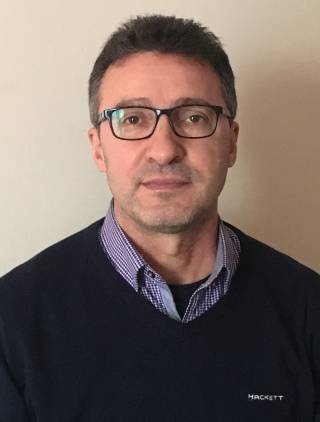
Principal Supervisor: Professor Eric Gordy
Subsidiary supervisor: Dr Titus Hjelm
Email: j.azemi@ucl.ac.uk
Present Status: PhD candidate
Working title of thesis: The significance of the policy of non-violence in Kosovo (1989-1998)
Research: My research is on the political history of Kosovo. More specifically, it deals with the policy of non-violence of Ibrahim Rugova during the 1990s. The research looks at how Rugova’s policy of non-violence channelled Kosovo Albanians political actions in response to Serbia during Milošević regime, which saw heavy repressive measures against Kosovo Albanians and the suspension of Kosovo autonomy. The research adopts a cultural approach, which explains the formation of a new cultural and political identity for Kosovo, but also shaped the interests and the response of the international community on Kosovo conflict.
Research interests: International Relations, European Studies, Politics of Southeast Europe, and Nationalism, with specific focus on Albanian politics in the region, Minority Rights and Social Movements in Kosovo.
As part of my interests in the region I write for Kosovo and Albanian media and have also been editor of The Anglo-Albanian Association, journal Drita (2005-2007), and was a member of editorial board of SSEES journal Slovo
On 29 April 2017 I presented a part of my research with title: ‘Analysing the Policy of Non-Violence of Ibrahim Rugova (1989-1998)’, on the international symposiums of Linguistics, Literature and Culture organised by several universities of Southeast Europe in the college AAB Prishtina.
Publications: ‘Nationalisms and the Future of new Nation-States in Europe: The Case of Kosovo’, in: The European Identity of Kosovo: International symposium, in Prishtina, 26-27 June 2007, pp159-65,: Forum 2015, sponsored by Soros Foundation.
Postgraduate teaching Assistant: autumn terms 2020/21; 2019/20; 2018/19
Module: Understanding Politics: Big Questions in Contemporary Europe
 Close
Close

